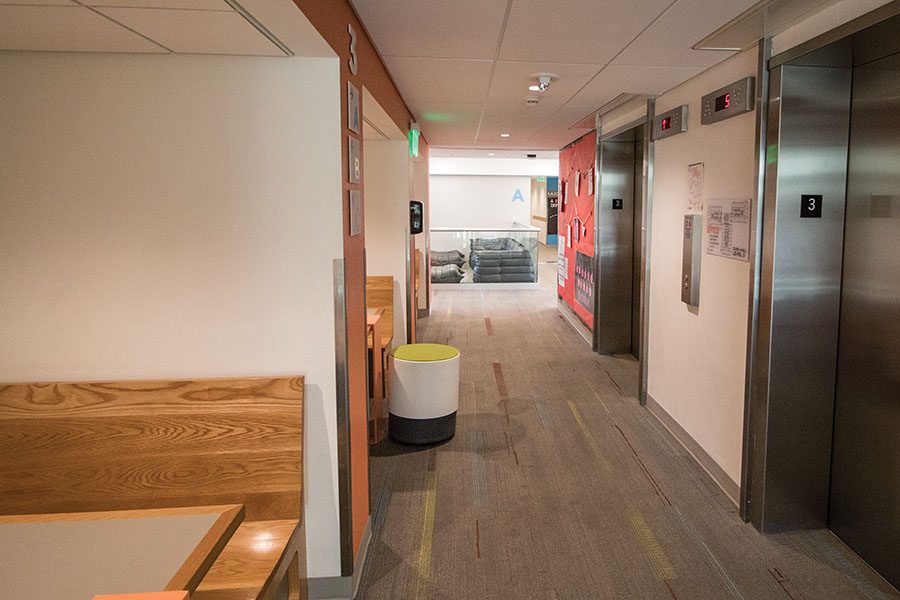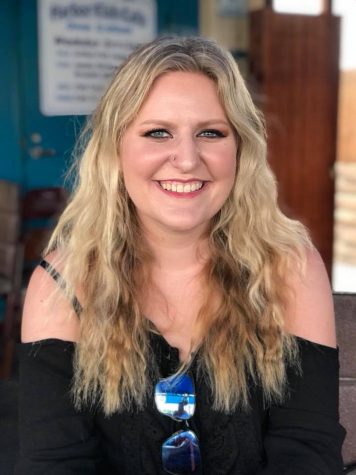Being accepted into San Diego State’s Weber Honors College is among the most prestigious recognitions a student can attain, but aside from the resume boost, it’s also a great way to build community among peers similarly committed to academic excellence.
The Honors College Residential Learning Community, or RLC, is located in Zura Hall, and the incoming freshman aspiring to live there must apply around January of their senior year of high school. Those accepted into the Honors College maintain an average high school GPA of 4.14, with the average GPA of Honors College graduates being 3.7.
Business freshman Doreen Hemmati is a resident of the Honors College RLC, and said she connects with other students on her floor through their shared dedication to schoolwork.
“(Living in the RLC is) valuable in the sense that most of us value our education even more highly than usual, so there’s always someone ready to help you with homework,” she said. “We all know that we are trying our hardest and take academics seriously.”
While other RLCs may focus on one area of study, the Honors College is open to all majors, and Hemmati finds that this diversity is beneficial to residents.
“I like hearing about different interests,” she said. “It’s cool to have a math major across the hall to help me with my calculus homework.”
Mechanical engineering sophomore and residential advisor for the Honors College RLC Olivia Di Santo said doing homework together every day is a major way the community residents connect with each other.
“A big aspect of the community on our floor is that we do homework together in the common areas,” she said. “This creates a productive atmosphere in which we motivate one another to work hard and stay on top of our schoolwork. People literally fight for space in the common areas to do homework together.”
She’s also found that being immersed in the determination of these bright freshmen has affected her own work ethic.
“Most of the RAs and (academic mentors) in the Honors College RLC are in the Honors College, but I’m not,” the RA said. “Being in (this community) has helped me with my time management and prioritization.”
As a RA, Di Santo didn’t choose to be placed in the Honors College RLC, but she said being apart of the tight-knit community encouraged her to request to live in the same RLC next year when she re-applied for the position.
“This community is a group of intelligent, inclusive and hard-working individuals who are determined to make their schoolwork a priority while maintaining to make the most out of their college experience,” she said. “I am genuinely thankful for every single one of (the residents) because they have added so much value to my life and continue to do so every day.”
Di Santo said having the option to join RLCs is something all freshman should take advantage of.
“I think it is really important that these communities are options for (freshmen) because residents are able to find people that they have something in common with,” Di Santo said. “(It’s) very comforting to the residents since they are in a new, somewhat intimidating environment. Having a mutual interest is the first step to forming friendships and making the residence hall a home away from home.”









